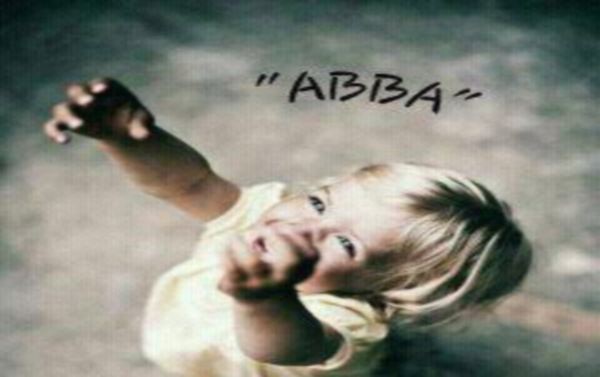The Descent of the Holy Spirit – Giotto, Florence Italy: 1304-6
You are God’s Temple
I love this painting by Giotto. Jesus has returned to glory; he and the Father together now send the Holy Spirit, who brings the disciples of Jesus together to become the Church. The walls of the room are practically invisible, the temple is the people amongst whom God now dwells and through whom God now works.
Our scripture lessons will be from the Old and New Testaments (see the order of service below, and the passages printed out on the second page), taking us on a journey from a temple of stone, to the Church, to the Holy City when there is no temple at all because God fills all. We are in the ‘in-between’ time, a time of great responsibility and of great joy.
We have been asking ‘What does it mean to be Christian?’. After ‘abba’ worshipers and ‘disciples of Jesus’, now explore being ‘the temple of God’. And we will be reminded that when Paul wrote in 1 Corinthians 3:16 ‘You are God’s temple’, the ‘you’ is plural! We are Christian, we are God’s temple, together …





